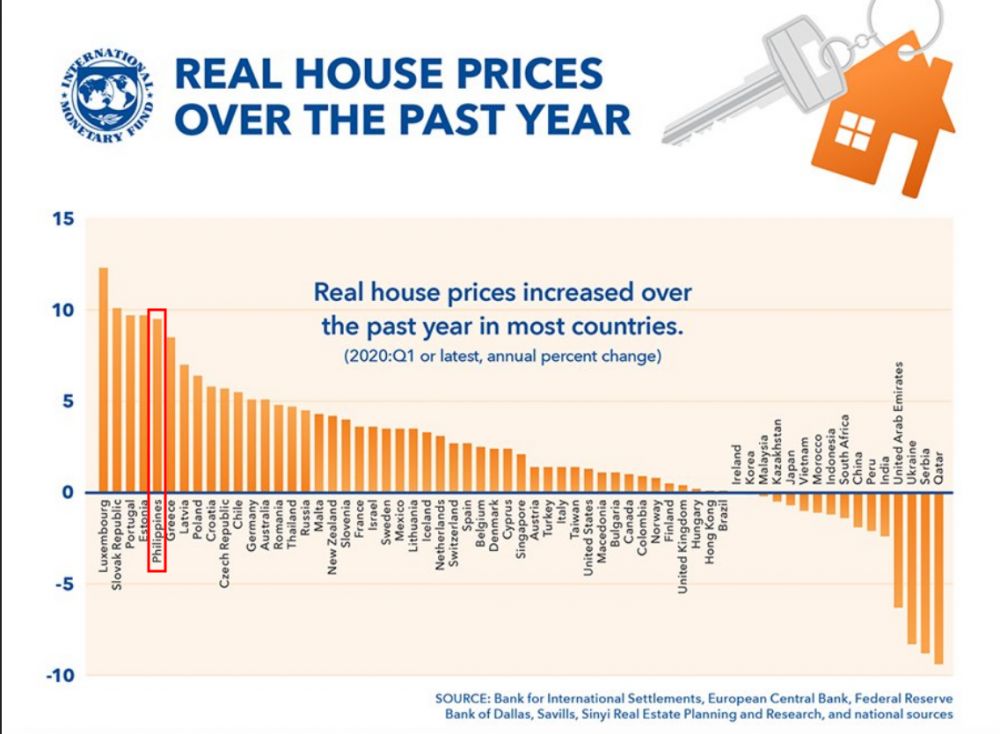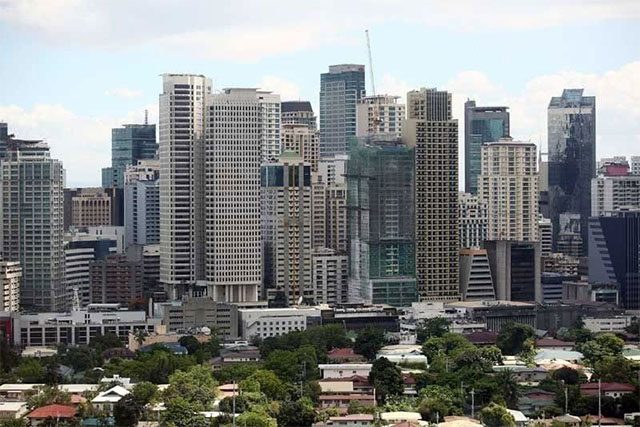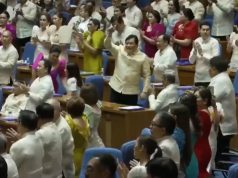Conversations about landlords bearing the brunt of unpaid real estate bills were discussed online amid the closure of offshore gaming firms or POGOs in light of the coronavirus pandemic.
POGOs were among the businesses that were affected during the strict lockdowns imposed in March last year as part of the national government’s stringent measures to suppress the viral transmissions.
Following pandemic lockdowns last year, many POGO operators vacated office and condominium units across the country.
The Bureau of Internal Revenue told the Inquirer that plenty of POGO workers, mostly Chinese, returned home to China due to fears of a surge of COVID-19 cases in the Philippines.
Moreover, Finance Secretary Carlos Dominguez III told lawmakers on Sep. 23, 2020 that he received information from an owner of a building in Makati City saying that POGO clients have canceled their lease contracts.
Palace, however, denied this and noted that only over 20 of these firms have stopped operations.
“Wala naman pong malakihang exodus. Ang nangyari po ay mga 20 plus lang out of 60 ang nag-comply doon sa requirement ng BIR,” said presidential spokesperson Harry Roque.
“Hindi naman po exodus ‘yan dahil malinaw naman po ang naging polisiya ng Department of Finance: pay up otherwise hindi kayo pupuwedeng mag-POGO operations dito,” he added.
‘Landlords financially challenged’
The reported exodus of Chinese POGO operators and workers was feared to affect real estate owners.
In a now-deleted tweet, Twitter user @_martinsy shared that his friend purchased “50 units” and previously leased those to POGO workers. He claimed that his friend had to shoulder the rest of the unpaid bills after the POGO industry waned.
The user then earned criticisms on behalf of his friend who catered to POGO workers which led to the deletion of the tweet.
Some social media users made a screenshot of the controversial tweet and shared it on the micro-blogging platform.
You're welcome. pic.twitter.com/k5Y3DY5Zka
— Kian (@kiamoy028) February 22, 2021
The Philippines saw the fifth fastest increase in house prices in the world early last year before the pandemic. Jun Neri, lead economist at the Bank of the Philippine Islands, shared the International Monetary Fund data on Twitter.

Filipinos on social media expressed their outrage over unit owners who were perceived to be the culprits behind the racked-up costs of real estate. They said that hoarding of condominium units severely affected Filipino tenants.
“Ginusto nila yan. Sobrang tumaas ang renta sa areas kung saan maraming POGO workers. Yung landlords nagpatalsik pa ng Filipino tenants. Tapos ngayon magrereklamo sila? Are we supposed to feel sorry for them? If he can buy 50 condo units he can shoulder maintenance costs,” a Twitter user said.
“Condo owners drove up the prices to accommodate those pogo workers and still has the audacity to kind of blame them?” another wrote.
“That condo story isn’t isolated in the condo scene. Nagkaroon ng gentrification sa maraming lugar sa Maynila dahil mas pinaburan ng mga landlord ang malaking pera na alok ng mga POGO renters. Kaya nung sila ay nawala, sila’y naiwang nakanganga. Buti nga,” another user said.
Twitter user @quantumeruit, meanwhile, pondered on who could have a better chance of recovering financially—the POGO employee or the landlord.
“Can we actually blame POGO employees for failing to sustain their stay here in the Philippines as a consequence of the pandemic? Between a landlord who owns 50 condo units and employees who have lost their jobs due to the POGO exodus, who has a better chance of recovering?” the user said.
Last December, Philstar.com reported that residential property costs declined 0.4% year-on-year in the July-September period, based on the data from the Bangko Sentral ng Pilipinas.
Loans for new housing units also decreased by 43.3% year-on-year in the third quarter.
“The decline may be partly due to the weak consumer demand for houses and lots,” the BSP said.










